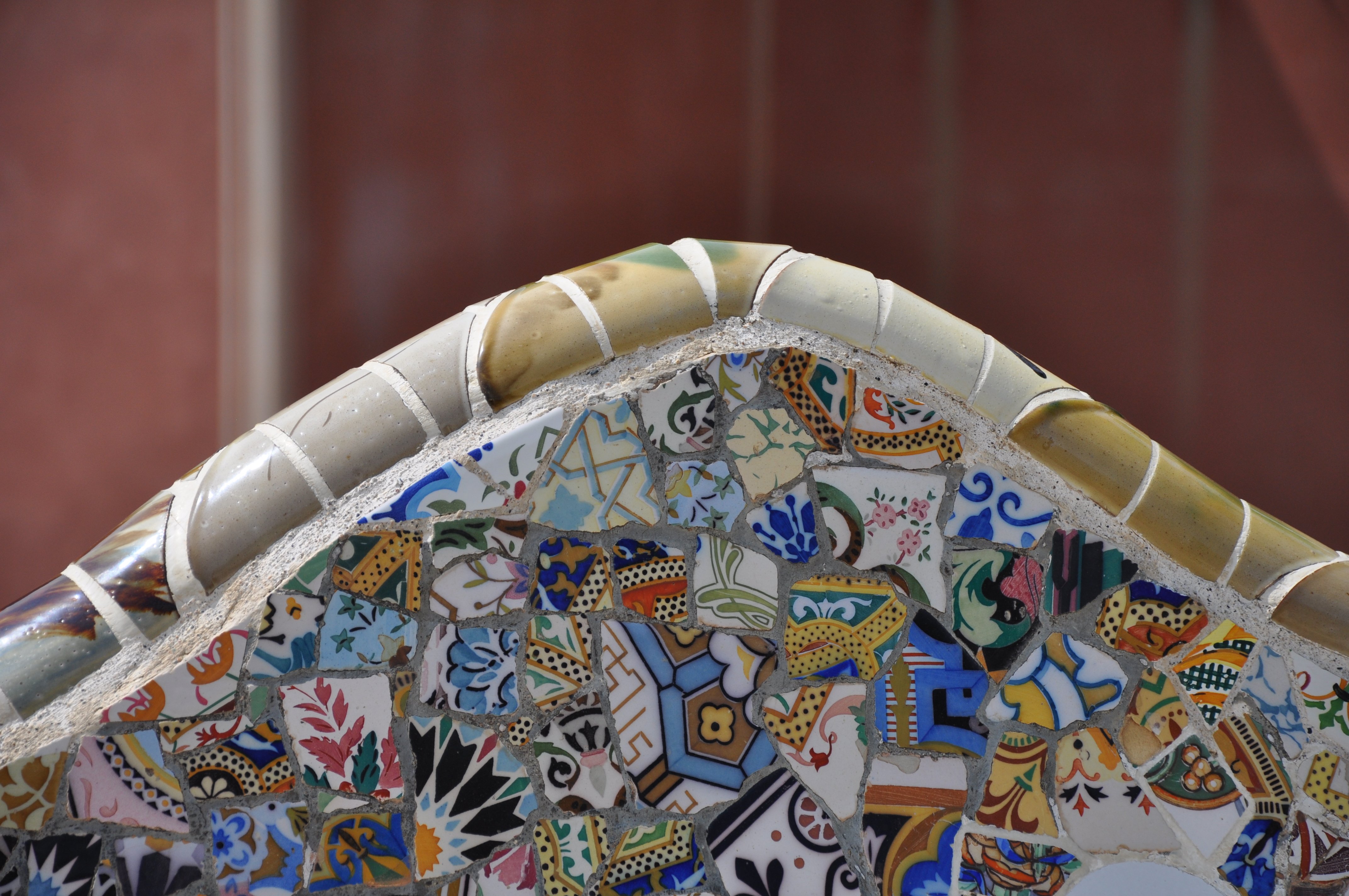The new Royal Decree 3/2023 has been published, which establishes the technical-sanitary criteria for the quality of drinking water as well as its control and supply. In this way, the European regulations have been transposed to the national level, with the main goal of improving health protection against the contamination of water intended for human consumption, regardless of its final purpose.
The AEMPS (Spanish Medicines and Medical Devices Agency) has published new guidelines on how conduct clinical investigations with medical devices, in order to adapt them to the EU Regulation 2017/745. The main changes include adjustments regarding the requirements for approval of clinical investigations, modifications to the procedures and deadlines and the documentation required.
The PMPS, in which commercial communications of medical devices were registered, ceased to be operational and was replaced by the new CCPS application of the AEMPS. However, communications made to the PMPS were still valid, although they cannot be managed until they are migrated to the CCPS. Consequently, the AEMPS has set the deadline of 18 July 2023 for the transfer of marketing communications to the new CCPS application, requesting companies to retrieve them by that date, updating their information and submitting them to the necessary review by the AEMPS, prior to their inclusion in CCPS.
The new Delegated Regulation (EU) 2023/647 has amended the former Delegated Regulation (EU) 2020/686, which in turn complemented Regulation (EU) 2016/429, on the prevention and control of transmissible animal diseases, animal health requirements and traceability of animal reproductive products. The new Regulation complements the rules laid down in the original regulation as regards animal health issues of traceability and certification of movements of captive breeding products of terrestrial animals. Furthermore, the main objective of the regulation is to unify the different regulations applicable on this matter in order to improve their application and to avoid duplication or cross-references.
The AEMPS has published new indications on the adaptation of veterinary medicinal products to the content of Regulation (EU) 2019/6, which establishes a period of five years for veterinary medicinal products authorized under the previous legislation to adapt to the provisions of the new Regulation. For this reason, the Quality Review of Documents has been adapted to version 9.0 on the summaries of product characteristics, package leaflet and labelling of veterinary medicinal products.
Royal Decree 192/2023 on Medical Devices, which adapts Spanish national regulations to the provisions of Regulation (EU) 2017/745, was published on 22 March 2023. The new Royal Decree identifies the competent authority in Spain for medical devices, expands the scope of some of the provisions to new kind of products and introduces provisions regarding the manufacture of in-house products and the reprocessing of single-use products, among other significant changes.
The publication of the July 2022 version of the European Commission’s Blue Guide on the implementation of European Union product rules aims to adapt to changes in European legislation on the marketing of products within the EU. In this sense, the aim is to improve the understanding of EU legislation and its application in the fields that make up the single market. The Guide is for guidance only, which means that it has no legal force. Among the most relevant changes are the introduction of specific sections on product repairs, software, online sales and Brexit.
With the entry into force of Regulation (EU) 2019/1009 on fertilizer products, the regulatory framework for fertilizer products within the European Union has been updated. However, national regulations may continue to be used on an optional basis. This Regulation has extended the categories of fertilizers covered and it also provides for a number of obligations for manufacturers, importers and distributors of fertilizers, including the declaration of conformity and the CE marking. Finally, guidelines have also been established for the conformity assessment of these products.
Spanish Official State Gazette published Law 2/2023 on 20 February 2023, which transposes the EU Whistleblower Directive (Directive (EU) 2019/1937 of the European Parliament and of the Council of 23 October 2019 on the protection of persons who report breaches of European Union law) into Spanish law.
The Spanish Agency for Medicines and Health Products has streamlined the procedure for applying for the national code (NC) of centrally authorized medicinal products. In order to have more efficient management, this change has been included in a guide containing information on the documents required for the assignment of the NC. From now on it will be possible to send the NC application as soon as the final texts have been adopted by the applicant and the regulatory agencies. Finally, it will also be possible to present the European Commission’s decision in English.






